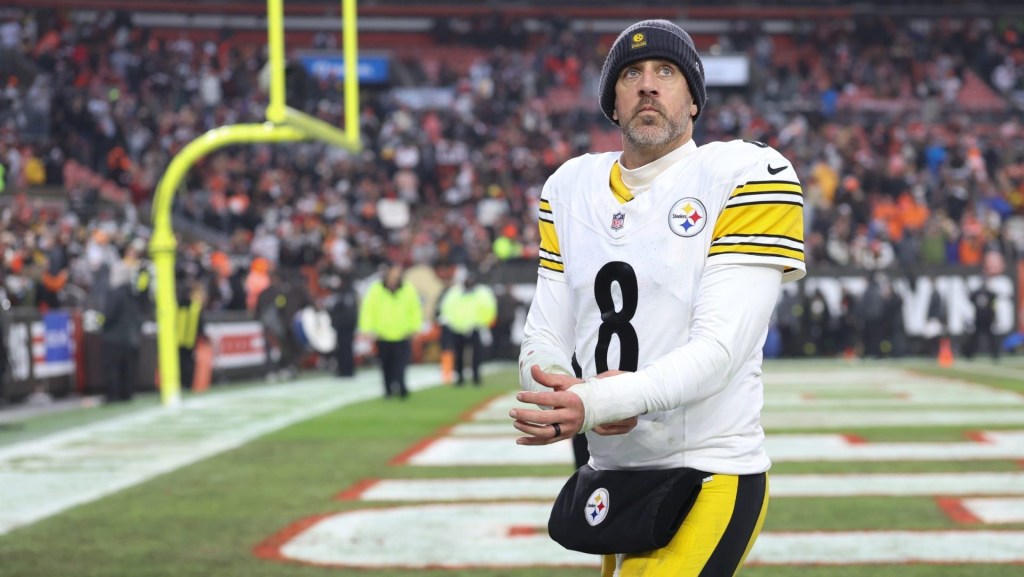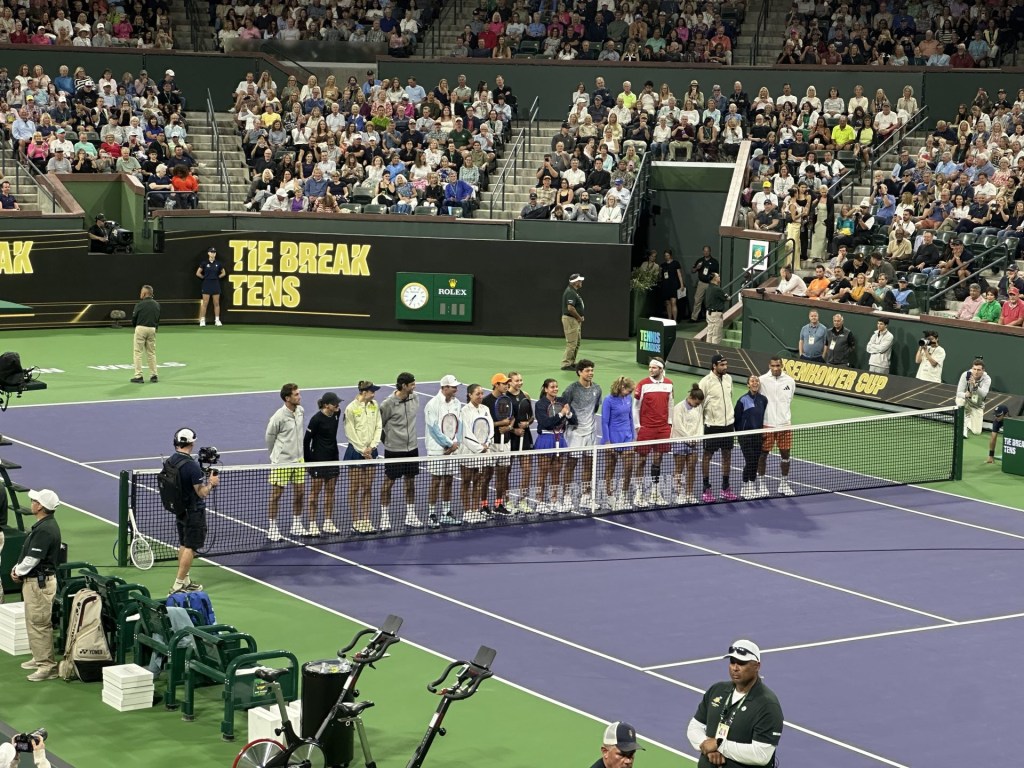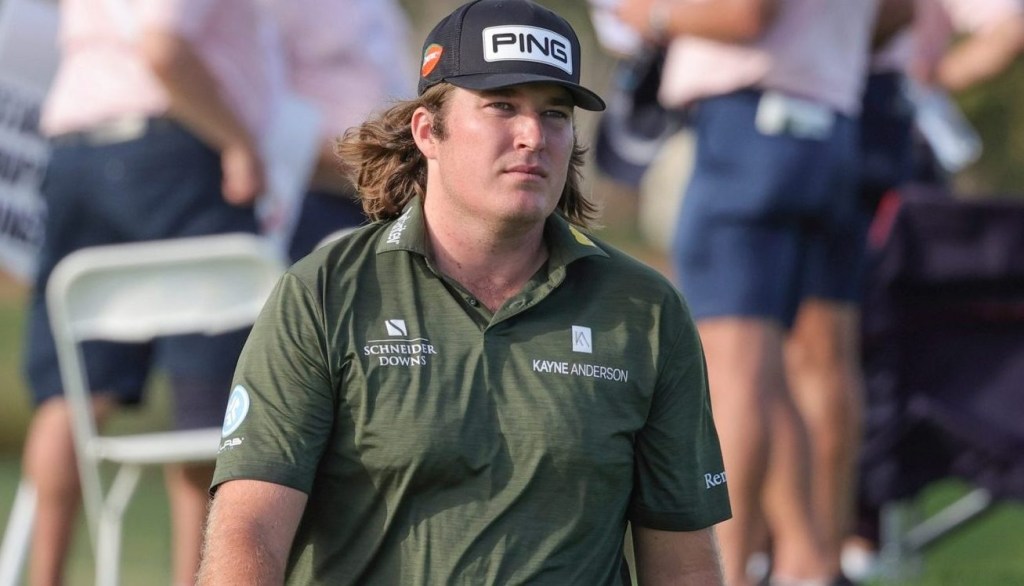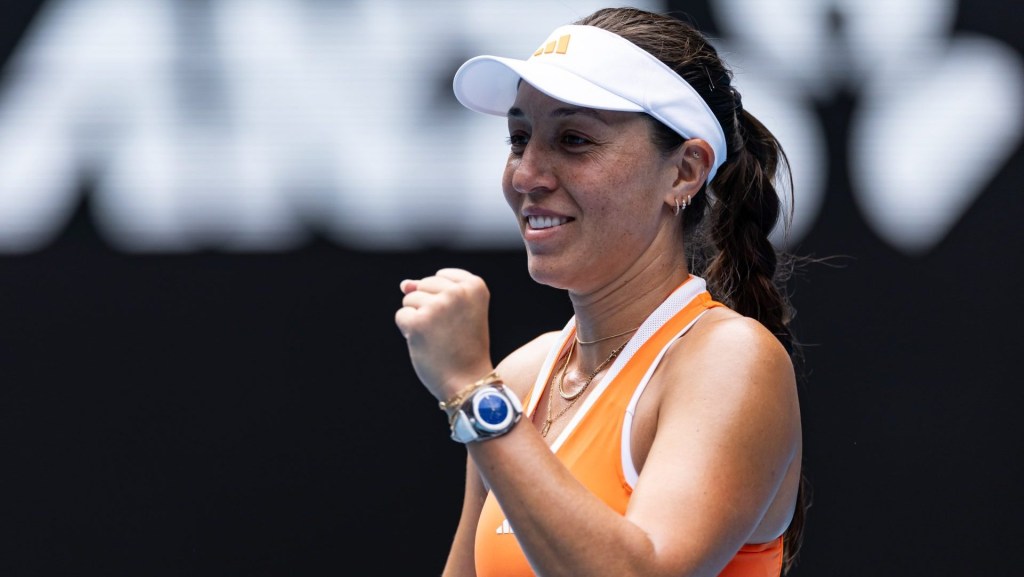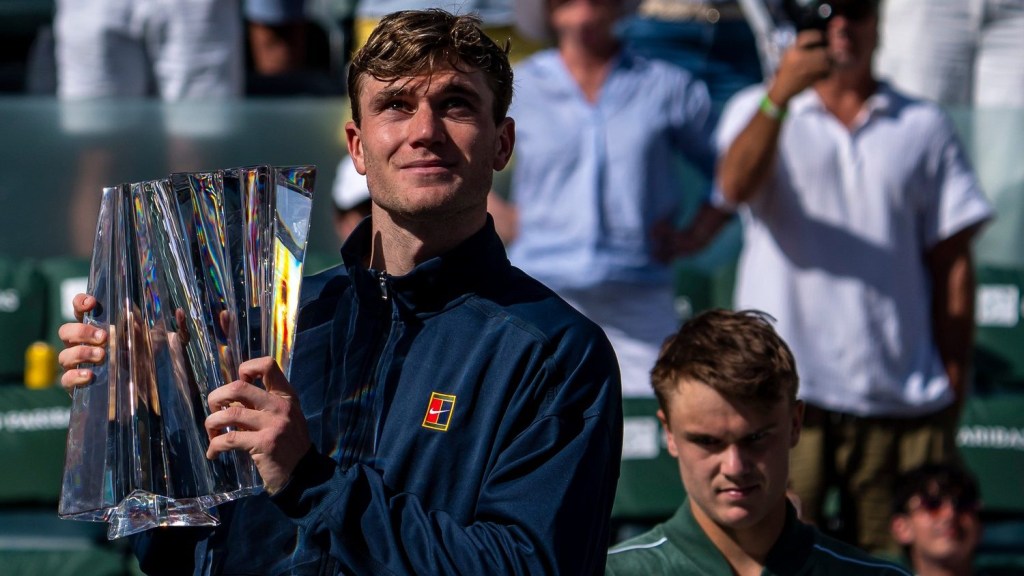Logic does not always align with what the heart wants. Such is the dilemma for Duke freshman Cooper Flagg, who told The Athletic last week that he wants to return to Durham for another season despite being the projected No. 1 overall pick in the 2025 NBA Draft.
“Shit,” Flagg said. “I want to come back next year.”
The full report made it seem as though Flagg and his family know his time in Duke is likely up after this season. But the influx of NIL (name, image, and likeness) money in the NCAA has made the prospect of staying another year in college more enticing for amateurs.
Last December, top high school recruit AJ Dybantsa reportedly received a $7 million deal to play at BYU. The first-year salary of 2024 No. 1 pick Zaccharie Risacher is around $12.5 million, but the delta between the NBA and NCAA could be justified by another year of fine-tuning in the amateurs and the opportunity to win a national championship.
However, the decision, particularly for top prospects like Flagg and Dybantsa, is not only about their rookie-scale contract. It’s also about their long-term deals, which can be exponentially larger than their rookie deals.
By staying another year in college, Flagg would delay his second NBA contract by a year. A rookie deal lasts four years, so if Flagg were to opt into the 2025 draft, he’d start his second contract by the 2029–2030 season. The rookie scale maximum can be worth 30% of a team’s salary cap, and assuming a 10% maximum cap increase (the 2024–2025 salary cap is $140.59 million), Flagg’s second contract could be worth as much as $398.5 million over five years—or nearly $80 million per year.
Even a conservative 4% average salary cap increase over the next four years would leave Flagg’s potential maximum contract at around $301 million starting in the 2029-2030 season, about $60 million per year.
Flagg isn’t assured a maximum contract following his first deal, though most recent top picks have received max deals, including Cade Cunningham, Anthony Edwards, and Zion Williamson. Even 2018 No. 1 pick DeAndre Ayton, who didn’t agree to a max extension, signed a multiyear deal worth $33 million annually.
It’s likely that Flagg will still receive bigger contracts throughout his career, as long he lives up to the hype. But delaying life-changing, guaranteed money by one year is hard to justify, especially considering injury risk.
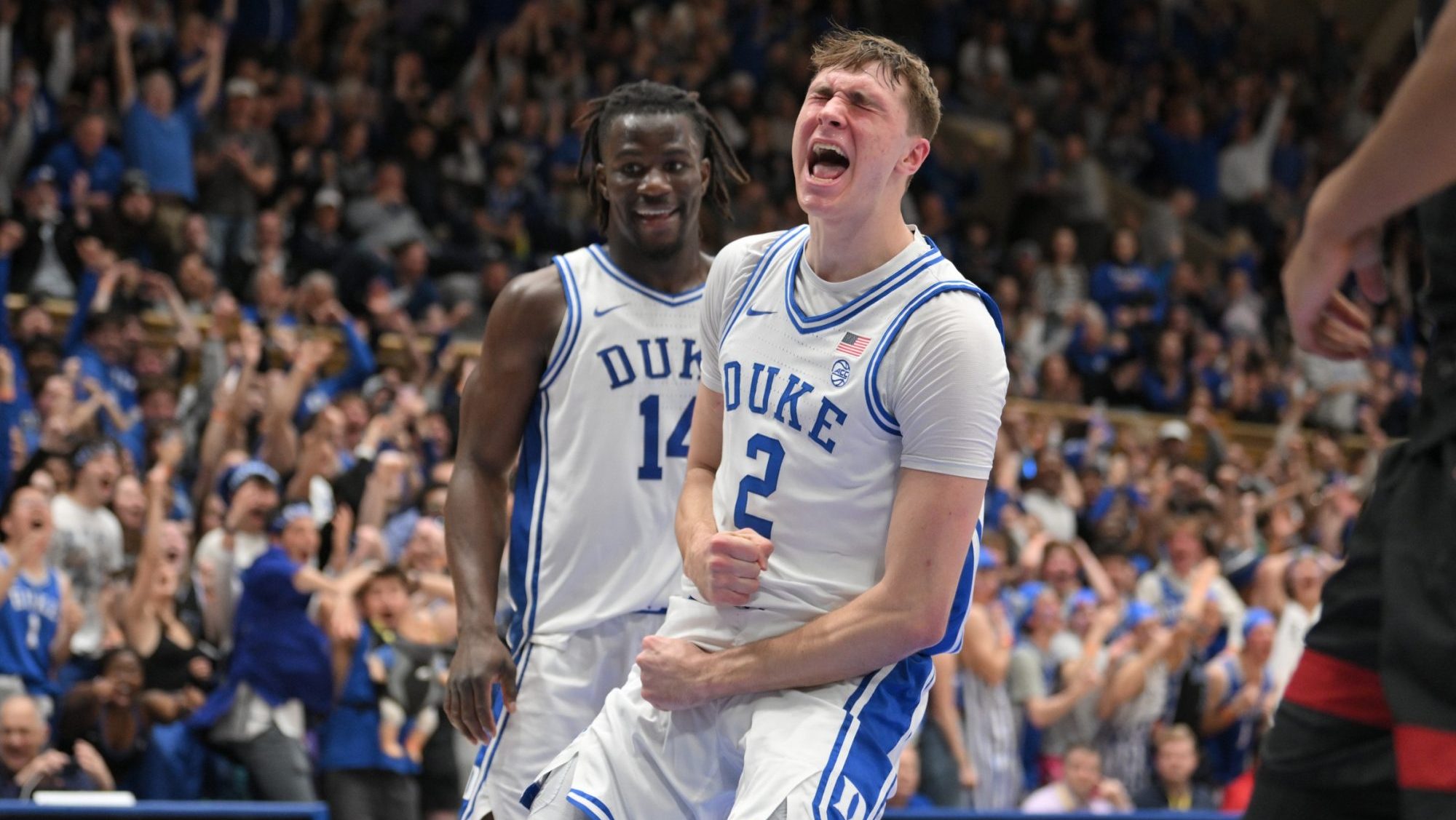
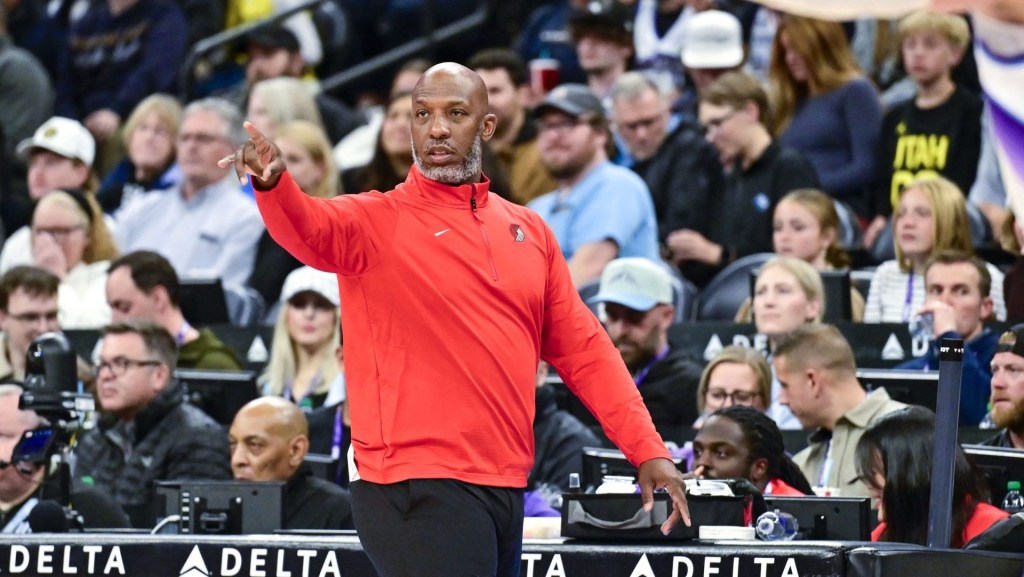
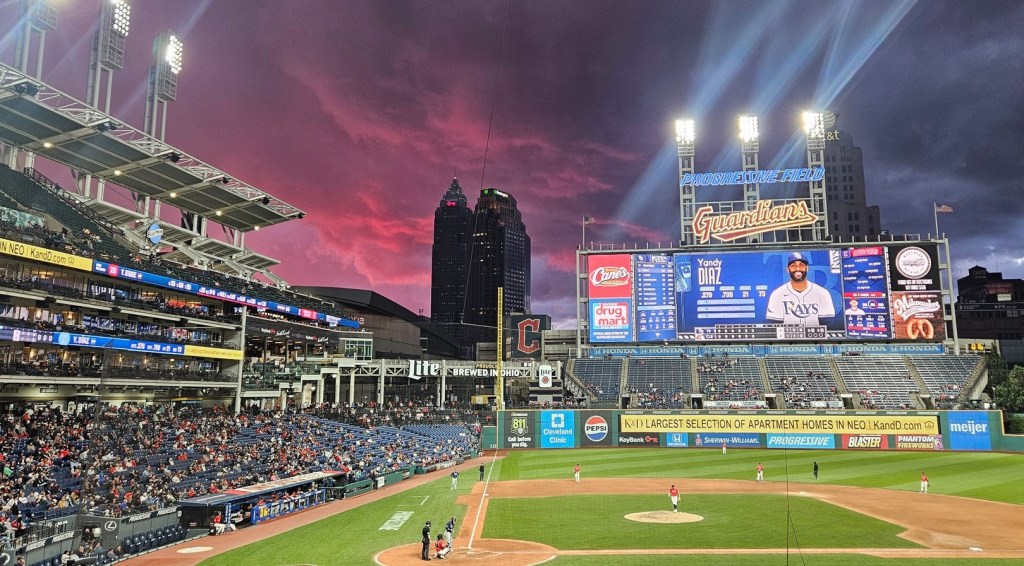
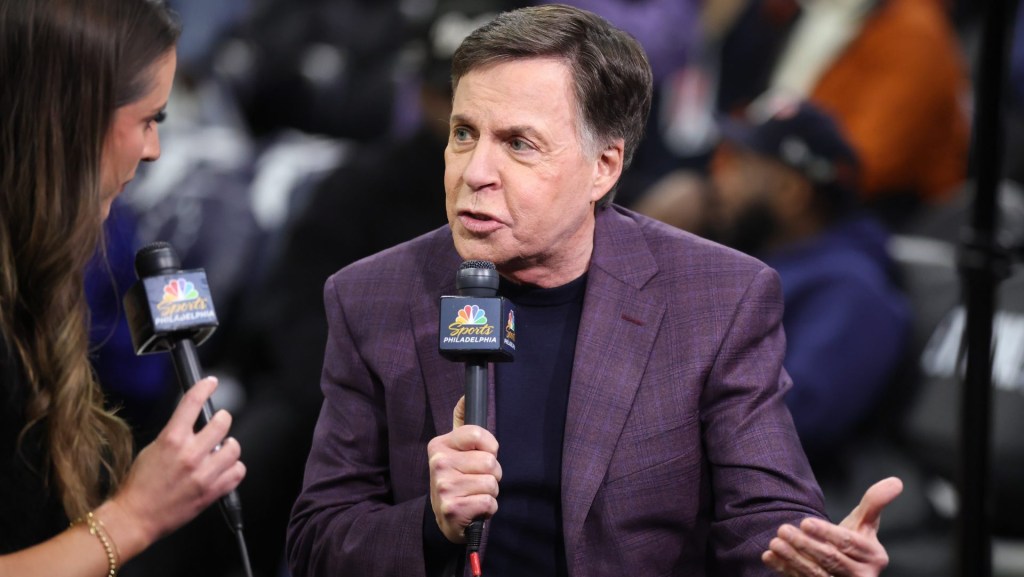

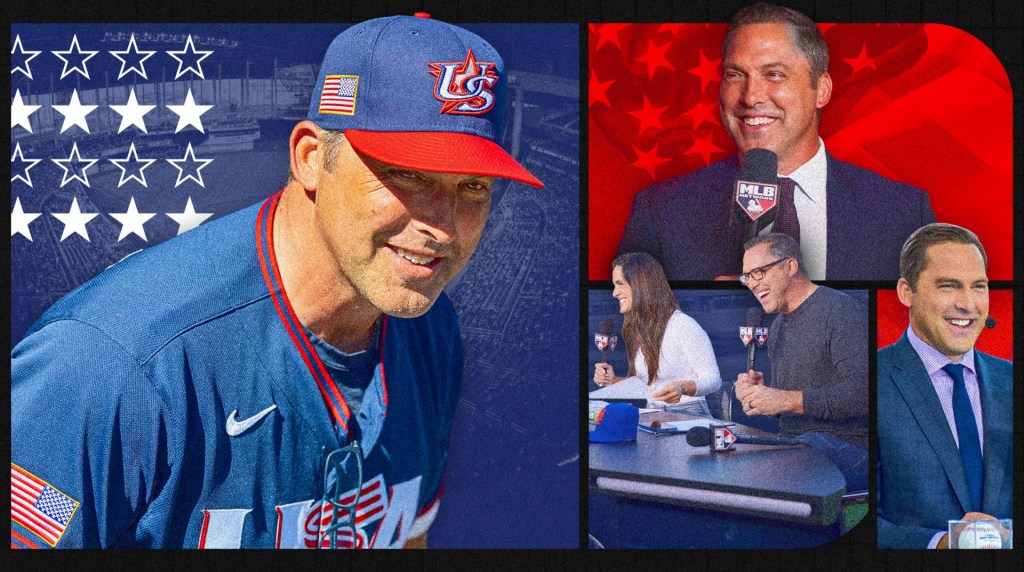


![[Subscription Customers Only] Jun 15, 2025; Seattle, Washington, USA; Botafogo owner John Textor inside the stadium before the match during a group stage match of the 2025 FIFA Club World Cup at Lumen Field.](https://frontofficesports.com/wp-content/uploads/2026/02/USATSI_26465842_168416386_lowres-scaled.jpg?quality=100&w=1024)
